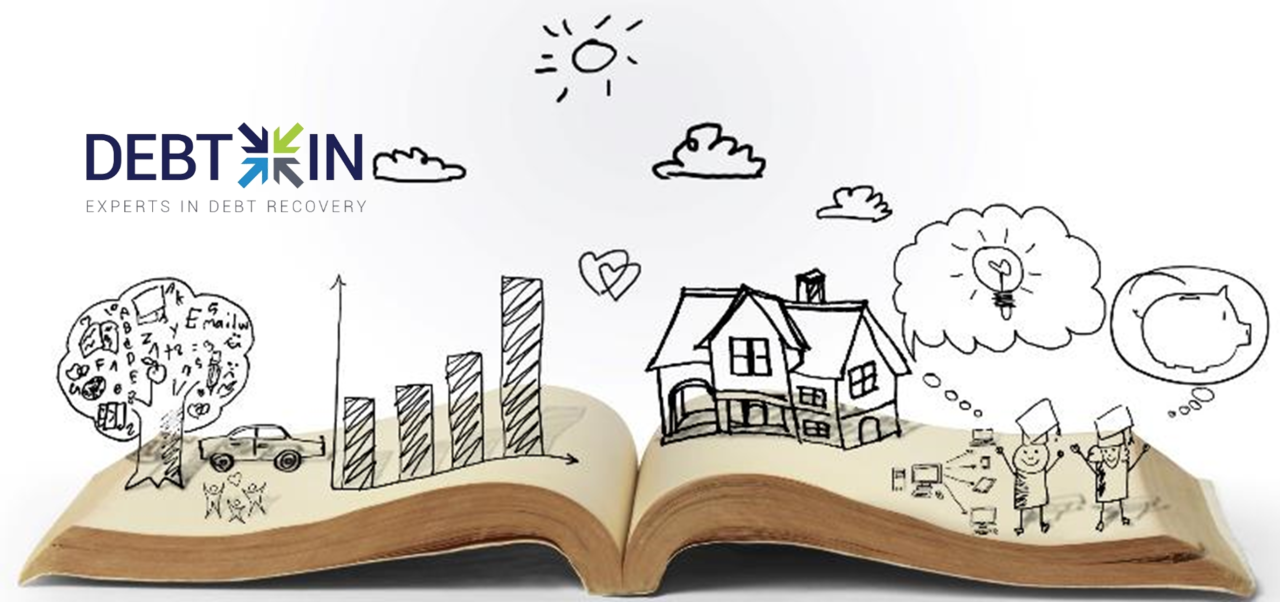
Changing the narrative….or rather challenging it!
As the CEO of Debt-IN (soon to be rebranded as Capability Working Capital Solutions), an External Debt Collection agency (EDC) specialising in the recovery of debt since 2008, I have seen a shift in the expectation that clients have in terms of the management of their debt portfolios. The desired approach has changed in my view from one of “collect as much as possible as quickly as possible”, to one where they want EDCs to build rapport and trust with the debtors where the EDC is seen as the facilitator in assisting debtors to pay down their outstanding debt, while at the same time ensuring that brand damage is minimised.
Under the current model, all of this is anticipated to be done by the EDC in the context of a “no collect, no pay” model. Furthermore, if a debtor has not made a payment to the EDC within a specified time, (usually 3 months from receipt of the overdue debt), the account is then migrated to another EDC to see if they can secure a payment, and so the cycle continues.
In the context of this model, fostering the right relationship with the debtor is not conducive. Contracting under these circumstances almost flies directly in the face of the clients desired non-financial outcomes and inadvertently encourages non-sustainable collections, as debtors will very often make one payment to appease the EDC and then become untraceable and or uncontactable.
Another unintended consequence is how collection recovery agents engage with debtors is negatively impacted by this model as their remuneration is largely based on the same principles of, “no collect, no pay,” basis (although a basic salary is paid).
Having this short-term focus does not encourage positive payment behaviours by debtors. A more strategic, longer-term focus is needed, which encourages a more proactive customer service approach to debt collection, which incentivises debtors to see through their financial commitments and understand the impact of non-communication and non-payment on their financial records future credit applications.
The model needs to change.
How EDC’s are remunerated requires creativity. We need to create a culture of collaboration. We need to collectively design models that encourage different conversations and different partnerships, all fostering trusting relationships. Approaches that put the debtors first should ultimately result in a better financial outcome for all parties involved.
The financial services landscape has evolved and changed over the last 20-30 years, however, the debt collection industry still operates as it did 50 years ago. Not only is it antiquated, but stagnant. It calls for the development of new ways of thinking and new ways of doing.
Money is tight, now more than ever. Designing a new engagement model that places the outcome for the debtor first and creates a collaborative, true partnership between clients, EDC’s and debtors has to come into play, where everybody wins.
gateio
I have read your article carefully and I agree with you very much. This has provided a great help for my thesis writing, and I will seriously improve it. However, I don’t know much about a certain place. Can you help me?